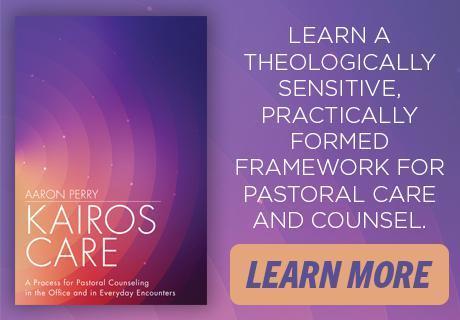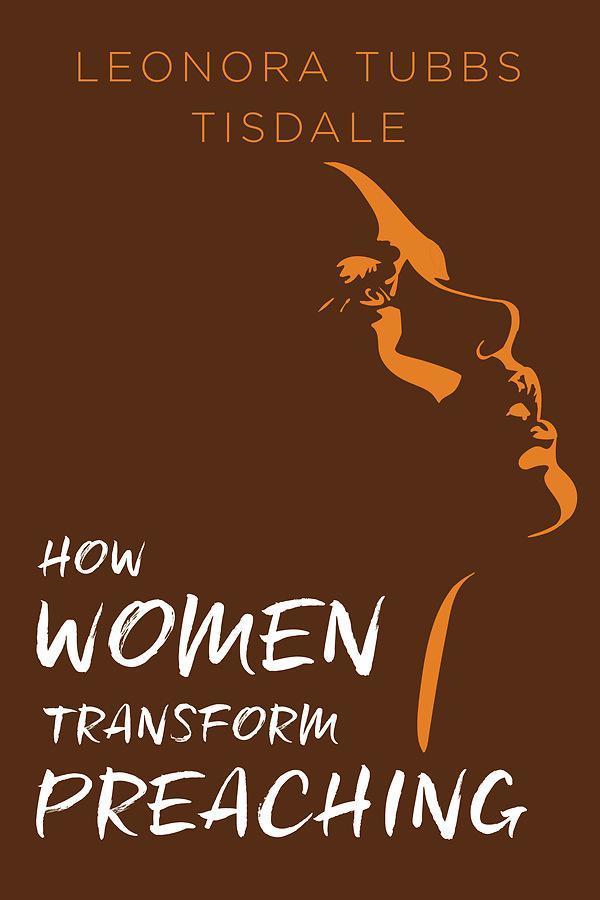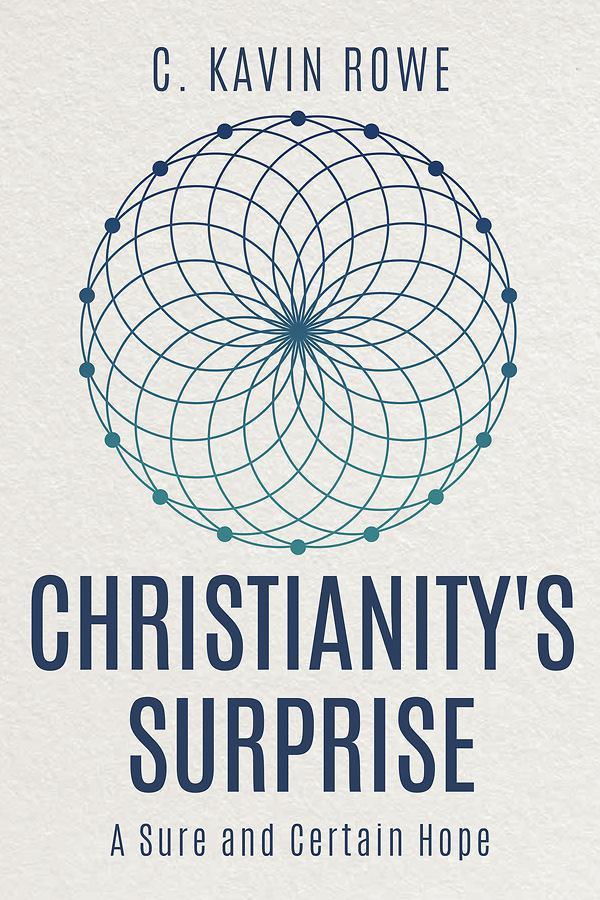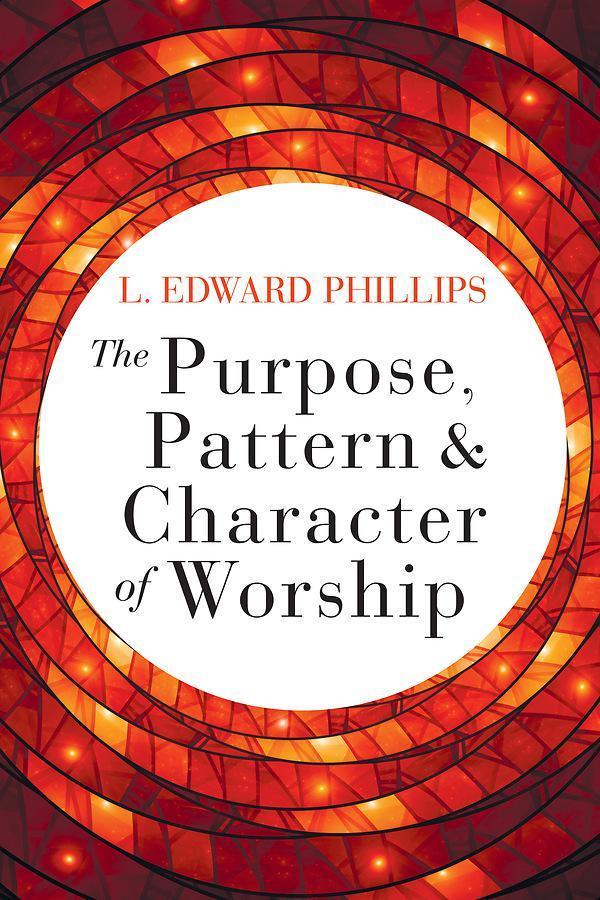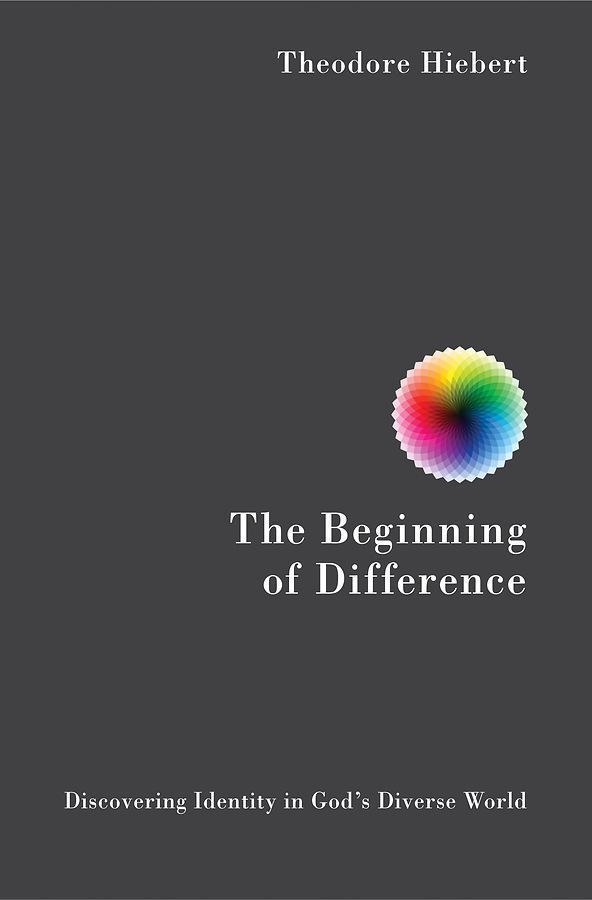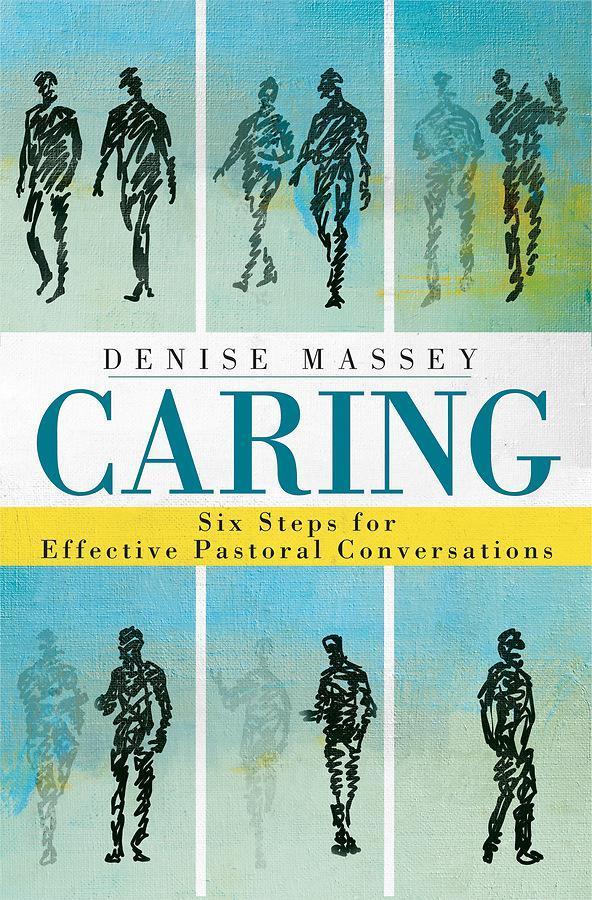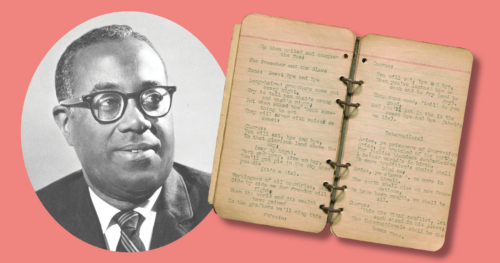They need your attention
October 31, 2022
 The daughter of a church member texted, late one Friday night, to say that her dad’s physical health was fading fast. He had been placed on hospice, and she was concerned about how much more time he had. She told me that she had become his round-the-clock nurse/caregiver, and she was grateful to be able to do that. Earlier in the week I had offered to drive to her house (about 60 miles) to visit them. She indicated that she now wanted to take me up on my offer.
The daughter of a church member texted, late one Friday night, to say that her dad’s physical health was fading fast. He had been placed on hospice, and she was concerned about how much more time he had. She told me that she had become his round-the-clock nurse/caregiver, and she was grateful to be able to do that. Earlier in the week I had offered to drive to her house (about 60 miles) to visit them. She indicated that she now wanted to take me up on my offer.
Saturday morning, when I read her text, I responded:
I need you to be forthright and honest with me about the timing of my visit. If you believe it needs to be today, please say so. There is no “better late than never” in this situation. I can be there with two hours’ notice.
A few minutes later she replied:
I just spoke with him. He said there is no need for you to drive all the way over here … that he is in good hands with the doctors and nurses through hospice. He appreciates my reaching out and your willingness to visit.
I replied:
Thank you. I hereby grant you daughter/nurse override on your dad’s stubbornness. If you need/want me to visit for your sake (& your family’s sake), just say the word and I will show up of my own volition, because, sometimes, the whisper in my heart tells me to do things that others say didn’t need to be done.
She “Loved” my reply, but said nothing else.
I then set out to write my sermon for the next day, since my work week had provided enough interruptions and distractions to keep me from figuring out how to preach my selected texts. I figured it would take me 2-3 hours to plan my sermon, but I finished my sermon preparation in about an hour. Having experienced the aforementioned “whisper in my heart” many times before, I decided to text her again as soon as my sermon preparation was complete. I texted: May I come this afternoon?
We made arrangements for my visit, and I arrived at her house two hours later. He was obviously tired and weak, and remained supine in his bed, but we had a good visit. He, his daughter and I talked, shared stories and laughed for about an hour. My closing “prayer” with him was a song I sang, “Wayfaring Stranger,” which I had personalized on the drive to his daughter’s house. My song/prayer was an invitation for him to let go of his pain and suffering, ushering himself into the everlasting arms of divine love, and to be greeted by his wife, who had died many years before, and his son (her brother), who died six weeks ago. My personalization was to change the end of the verses to:
I’m going there to meet my dear Peg.
She said she’d meet me when I come.
I’m just a going over Jordan.
I’m just a going over home.
and
I’m going there to meet my Andrew.
I’m going there, no more to roam.
I’m just a going over Jordan.
I’m just a going over home.
After my visit, I drove back home. Four hours after my visit, his daughter called:
“I want to thank you for your visit with dad and me today. He just died a few minutes ago. He was at peace, and my son and I were at his side.”
Pay attention to the whispers in your heart. Sometimes they tell you where you need to be and who you need to be.
The next morning, I wrote and sent her this prayer:
Remind us, O God, that being strong does not mean your heart won’t break; that refusing and running from heartbreak are escape and anesthesia. Help us recognize that the strong ones dare to stay close, allowing their hearts to break, not because it doesn’t hurt, but because they know that love’s ingress and egress flow richly through the cracks.
Todd Jenkins is pastor of First Presbyterian Church in Greeneville, Tennessee.
Let us join in prayer for:
PC(USA) Agencies’ Staff
Sherri Hunter, Program Assistant, Ecumenical Relations, Office of the General Assembly
Demetria Hurnton, Business Administrator, Benefits, Board of Pensions
 Forty years ago, the Dutch Reformed Mission Church (DRMC) in South Africa adopted Belydenis van Belhar — the Confession of Belhar — in its first reading. Belhar was an outgrowth of the DRMC’s effort to grapple with the church’s participation in and defense of apartheid and touches prominently on themes of unity, reconciliation and justice. The DRMC adopted Belhar in its final form in 1986.
Forty years ago, the Dutch Reformed Mission Church (DRMC) in South Africa adopted Belydenis van Belhar — the Confession of Belhar — in its first reading. Belhar was an outgrowth of the DRMC’s effort to grapple with the church’s participation in and defense of apartheid and touches prominently on themes of unity, reconciliation and justice. The DRMC adopted Belhar in its final form in 1986.







